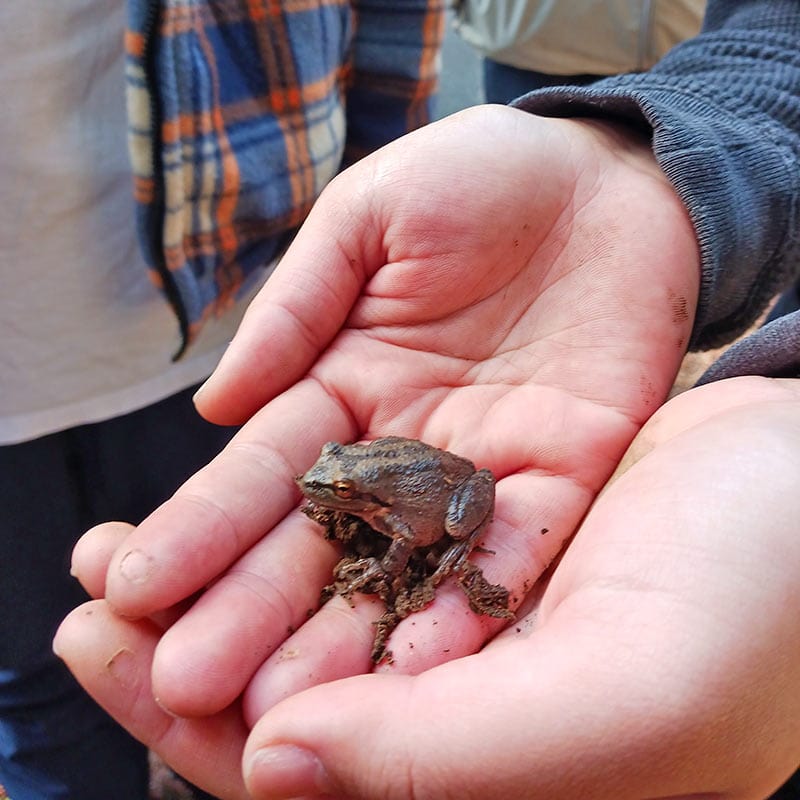The Wildlife Ecology and Conservation certificate offers a comprehensive pathway for students passionate about protecting and managing wildlife populations and their habitats in an era of environmental change. This interdisciplinary program combines scientific training in wildlife biology and ecology with crucial policy and technological skills needed for modern conservation work.
At its core, the program provides students with a strong foundation in wildlife management and conservation biology, teaching practical approaches to species protection and habitat preservation, with a focus on vertebrate animals. Through courses in vertebrate biology, animal behavior, and plant ecology, students gain an intimate understanding of the complex relationships between wildlife and their environments. The program’s emphasis on both fauna and flora reflects the reality that effective wildlife conservation requires a holistic understanding of entire ecosystems.
What sets this certificate apart is its integration of modern conservation tools and policy frameworks. Students learn to use cutting-edge geospatial technologies for wildlife tracking and habitat mapping, while courses in environmental policy and justice ensure they understand the social and political dimensions of conservation work. The flexibility in course selection allows students to tailor their education toward specific interests, whether that’s marine conservation, restoration ecology, or animal physiology in response to climate change. The program’s quantitative science options prepare students to conduct the kind of data-driven research and monitoring that is increasingly central to conservation efforts.
This certificate prepares graduates for diverse careers in wildlife conservation, from field research and habitat management to policy development and environmental consulting. Whether working for government wildlife agencies, environmental non-profits, or research institutions, graduates will have the interdisciplinary toolkit needed to address complex wildlife conservation challenges.

